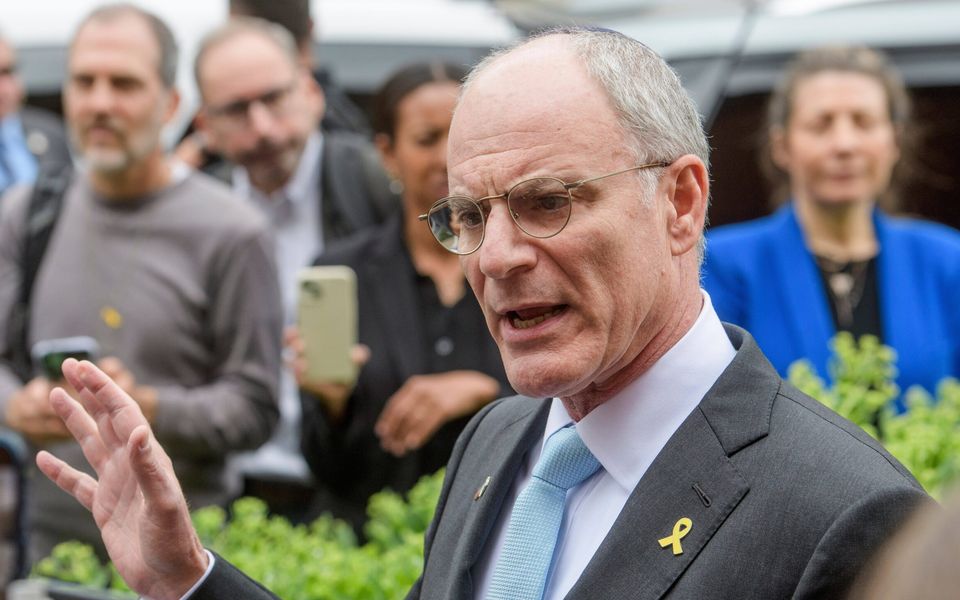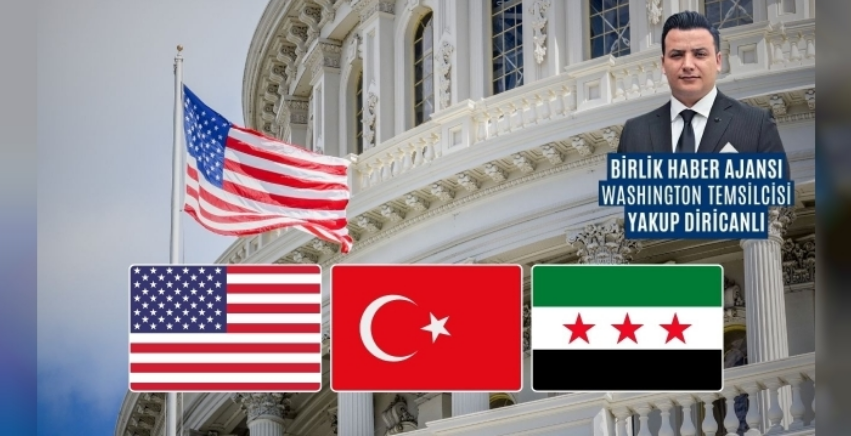In RFE/RL Interview, Zurabishvili Calls For Western Pressure To Keep Georgia On European Path

TBILISI — President Salome Zurabishvili has called on the West to pressure the ruling Georgian Dream party to reexamine the results of a “stolen” election over the weekend or risk seeing the Caucasus nation — an EU candidate with NATO membership aspirations — lose its “European perspective.”
Speaking to RFE/RL’s Georgian Service in Tbilisi on October 29, Zurabishvili said Georgia’s European and Western partners need to exert “extreme pressure” on the authorities “so that they review the results of the elections and review the amount of votes that have been stolen.”

Zurabishvili and opposition parties have said that some 300,000 votes were manipulated in favor of the ruling Georgian Dream party, which claimed victory with about 54 percent of the ballots. Those claims triggered protests that have seen tens of thousands of Georgian take to the streets amid accusations of Russian interference in the vote, which was seen as a crucial test of Georgia’s democratic credentials.
“So much depends now on the reactions of our partners, how definite will be their reaction, how strong their pressure on the authorities, because I think that nobody can afford to lose Georgia to Russia in such a form,” Zurabishvili said in the interview.
“If pressure is not tried, then it means that the West will not have tried everything to try to keep Georgia in the Western side and in the European perspective.”
The United States, European Union, Canada, and Sweden, among others, have voiced criticism following the October 26 parliamentary elections, which followed growing concern about democratic backsliding by the Georgian Dream-led government. The government recently passed a controversial “foreign influence” law similar to Russia’s “foreign agent” law, as well as legislation curbing LGBT rights.
Immediately after the results were announced, Zurabishvili said she would not recognize an election that she said had fallen victim to a “Russian special operation” that used a methodology of “campaign threats and not promises, [and] the propaganda, the PR used during the campaign, which was a copy-paste of Russian campaigns.”
International observers from the the Organization for Security and Cooperation in Europe (OSCE), Council of Europe, European Parliament, and NATO said in a statement that election day was “marred by an uneven playing field, pressure, and tension.”
Russia has denied playing any role in influencing the Georgian elections.
In her interview with RFE/RL, Zurabishvili said local organizations are working to gather multiple forms of information and evidence to prove the accusations of malfeasance in the voting.
She also pointed, as opposition leaders have, to opinion and exit poll results that she said painted a different picture to the Central Election Commission’s official results.
Two opposition exit polls predicted that Georgian Dream would not receive more than 42 percent of the vote, whereas the results had it winning more than 54 percent.
The polls also suggested that four opposition parties — the Coalition for Change, Unity-To Save Georgia, Strong Georgia, and For Georgia — would combined have a clear majority, whereas the official initial results had them receiving only 37 percent combined.
“This standing of the population had not changed just before the elections,” Zurabishvili said, though she did not provide specific evidence.
The OSCE has said it has recorded instances of vote buying, double voting, physical violence, and intimidation.
“On the whole, it is very clear that the authorities were helped, inspired in their activities by the Russian model and what they have promised to Georgia after the elections,” Zurabishvili added.
Georgian Dream, in power since 2012, used to pursue a pro-Western agenda but in the last two years has reversed course toward Russia.
By Anton Kokaia


